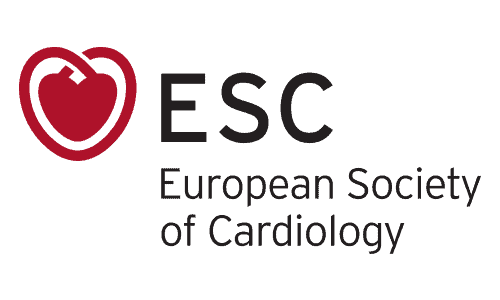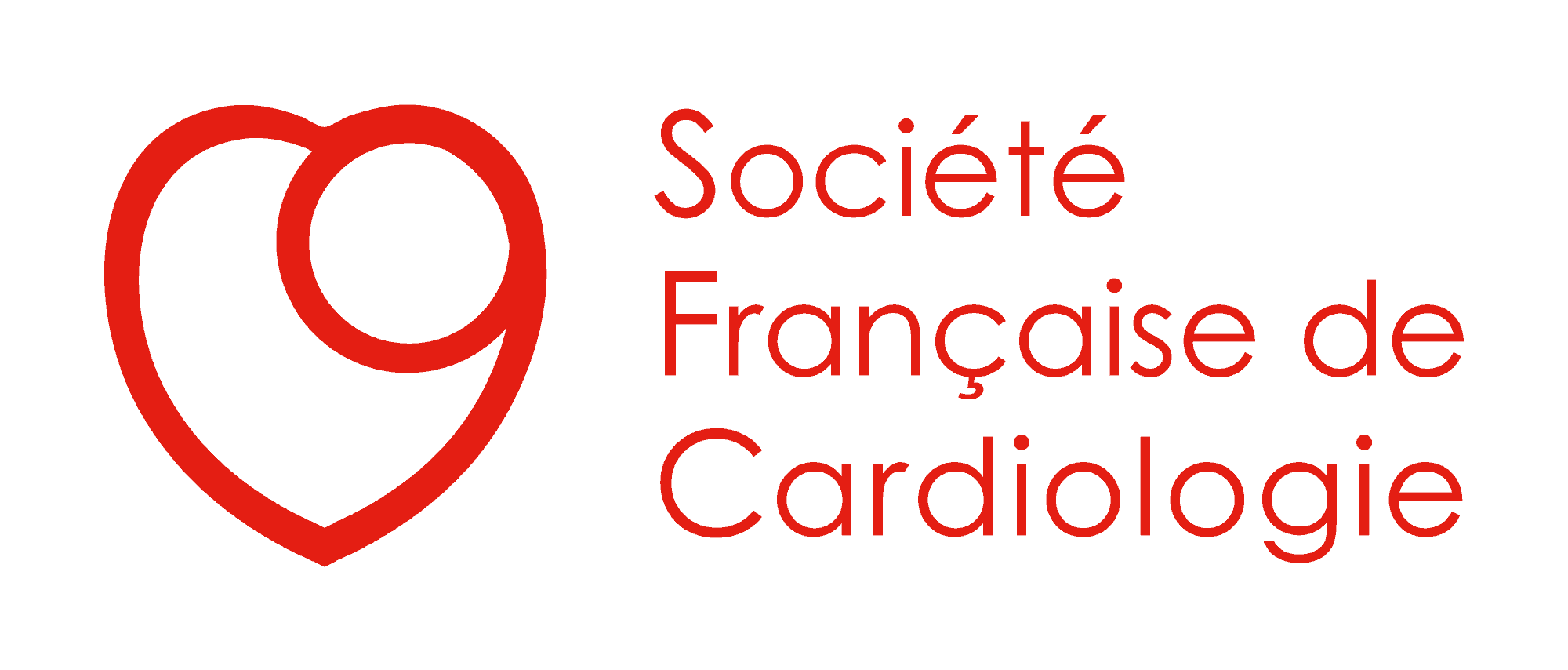Recommandations européennes
La Société Française de Cardiologie (SFC) soutient et endosse pleinement les recommandations de l’European Society of Cardiology (ESC). Ces guidelines, régulièrement mises à jour, offrent des repères essentiels pour la pratique clinique en cardiologie.
Vous trouverez ci-dessous une liste complète des recommandations ESC, classées par année et par thématique et accompagnées de liens directs vers les documents correspondants.

Version française disponible sur l’application SFC
Les recommandations marquées par une astérisque (*) sont disponibles en version française sur l’application « Recommandations ESC en français » que vous pouvez télécharger en suivant les liens suivants.



